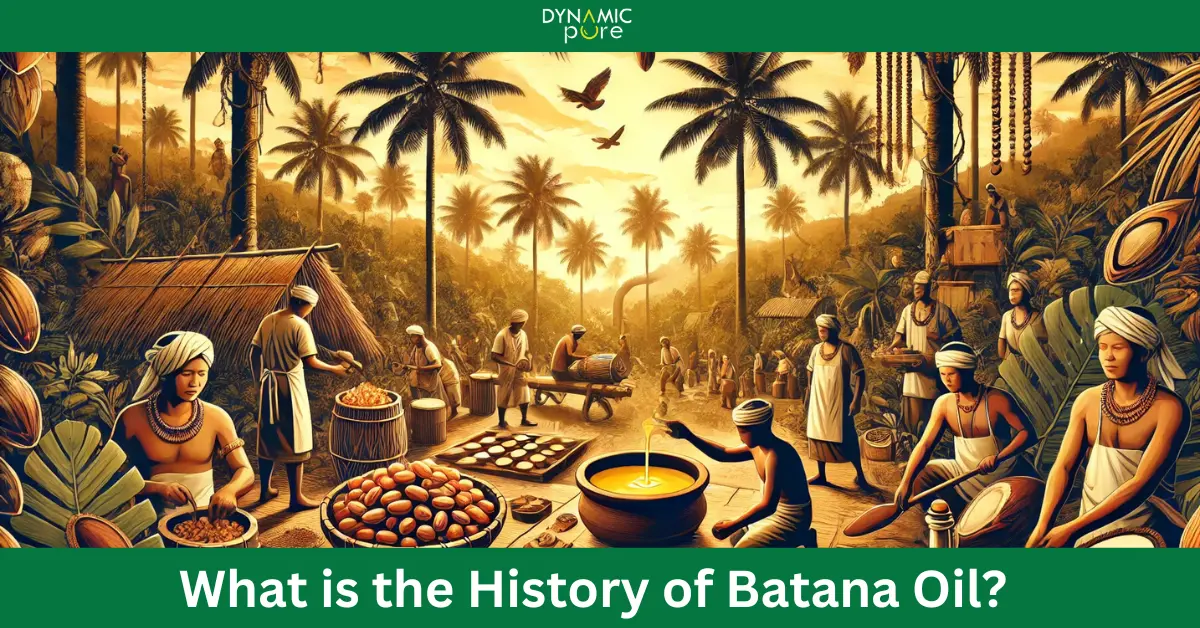Batana oil is a lesser-known but highly revered natural oil, especially in the realm of hair and skin care. Its rich history, rooted in the cultural traditions of Central America, speaks to its value as a natural remedy for nourishing and restoring hair and skin. In this article, we’ll explore the origins of Batana oil, its geographical roots, the cultural practices behind its creation, and what makes it so unique.
What is the Origin of Batana Oil?
The origin of Batana oil is deeply tied to the ancient traditions of the Miskito people, an Indigenous community from Central America. Known as the “Tawira,” which translates to “People of Beautiful Hair,” the Miskito people have long used Batana oil as a cornerstone of their hair care rituals. This oil has been cherished for its ability to repair and rejuvenate hair and skin, earning a reputation as the “miracle oil” of the region.
The knowledge of Batana oil has been passed down through generations, rooted in the Miskito’s close connection to the natural resources of their environment. For centuries, it has played a central role in preserving their hair health, beauty, and cultural identity.
Where Does Batana Oil Come From?
Batana oil is derived from the seeds of the American palm tree (Elaeis oleifera), a plant native to the tropical regions of Central and South America. The oil is specifically extracted in areas like Honduras, particularly in the La Mosquitia region, where the Miskito people reside. This remote region, rich in biodiversity, provides the ideal environment for the American palm tree to thrive.
The process of making Batana oil is labor-intensive and deeply rooted in traditional methods. The seeds of the palm fruit are harvested, boiled, and roasted before being manually ground to extract the thick, rich oil. This traditional method not only preserves the oil’s natural properties but also underscores its cultural significance.
Who Invented Batana Oil?
While Batana oil has no single inventor, its development is attributed to the Miskito people, who discovered the nourishing properties of the palm fruit centuries ago. They refined the process of extracting the oil through careful trial and error, creating a product that would become an integral part of their lives.
For the Miskito, Batana oil is more than a beauty product—it is a cultural artifact. They use it not only for personal care but also for healing purposes, such as treating burns, insect bites, and skin conditions. The Miskito people’s ingenuity and connection to their environment gave rise to this remarkable oil, which remains a testament to their resourcefulness and respect for nature.
What is Batana Oil Made Of?
Batana oil is a nutrient-dense oil made from the fruit of the American palm tree. Its composition is rich in natural compounds that give it its unique restorative properties:
- Essential Fatty Acids: These include omega-3, omega-6, and omega-9, which deeply nourish and strengthen hair and skin.
- Vitamins: Batana oil is packed with vitamin E, a powerful antioxidant that protects against free radicals and supports healthy hair and skin.
- Carotenoids: These compounds give Batana oil its characteristic golden-brown color and help repair damaged tissue.
- Antioxidants: These protect the hair and skin from environmental damage while promoting healing and regeneration.
- Moisturizing Properties: Batana oil contains natural emollients that hydrate and soften hair, making it an excellent choice for dry, brittle strands.
The traditional extraction process ensures that the oil retains these beneficial nutrients, making it a highly effective natural remedy for hair and skin care.
Conclusion
The history of Batana oil is a rich tapestry of tradition, innovation, and cultural significance. Originating from the Miskito people of Central America, this oil has been used for centuries to enhance hair health, repair damage, and nourish the skin. Its extraction from the American palm tree is both a labor of love and a testament to the Miskito’s deep connection to their environment. With its rich composition of fatty acids, vitamins, and antioxidants, Batana oil continues to be celebrated as a natural treasure for hair and skin care across the world.

